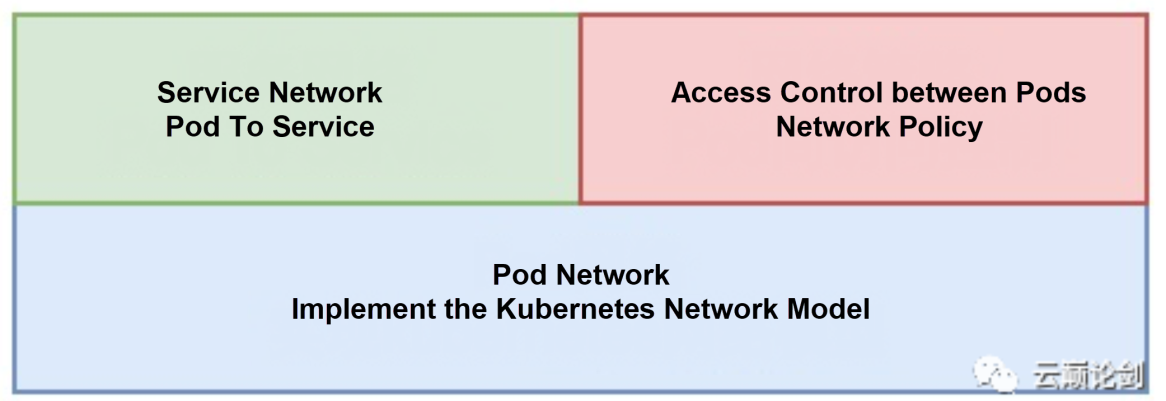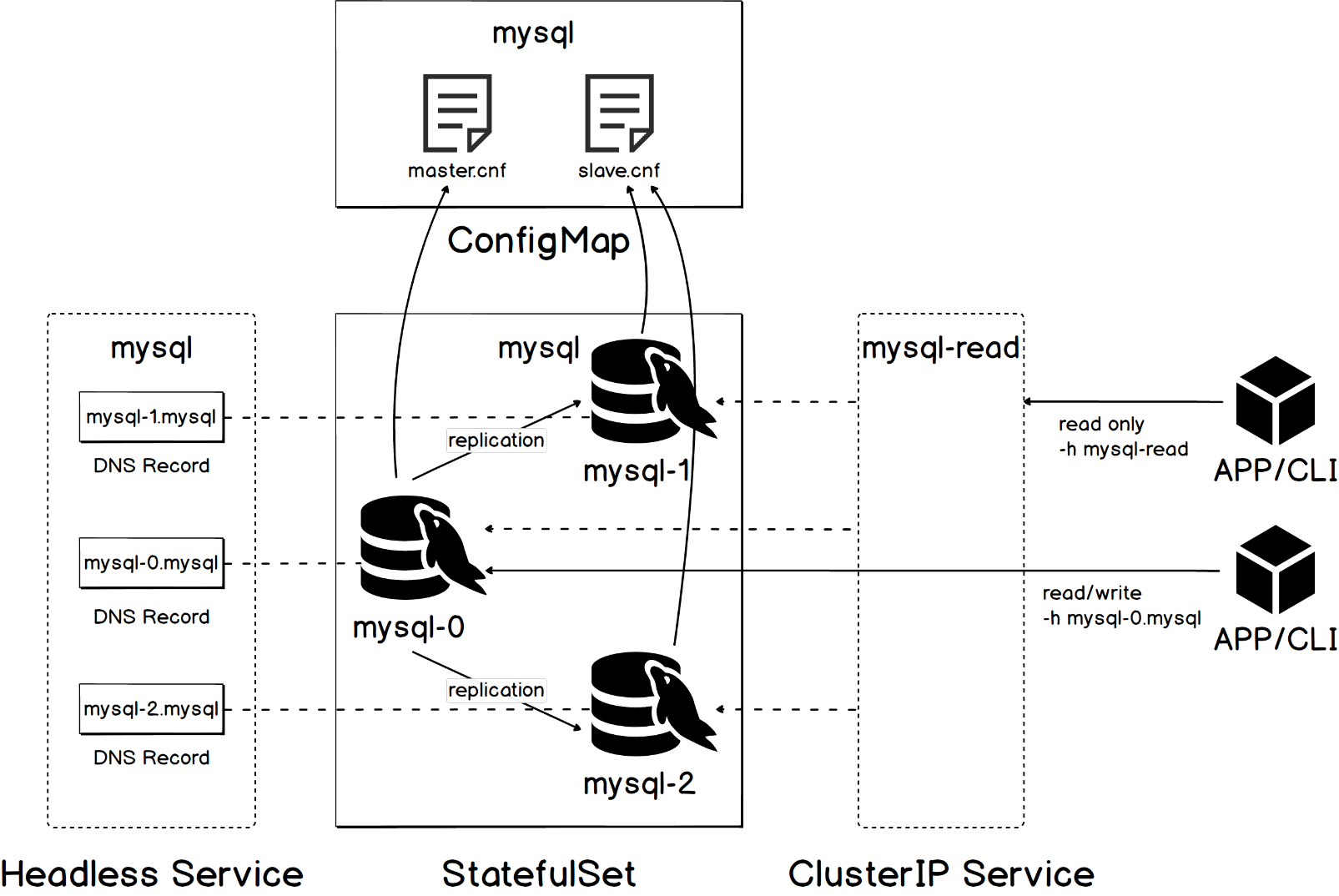Antwort Are Kubernetes network policies stateful? Weitere Antworten – What are network policies in Kubernetes
NetworkPolicies are an application-centric construct which allow you to specify how a pod is allowed to communicate with various network "entities" (we use the word "entity" here to avoid overloading the more common terms such as "endpoints" and "services", which have specific Kubernetes connotations) over the network.From the point of view of a Kubernetes pod, ingress is incoming traffic to the pod, and egress is outgoing traffic from the pod. In Kubernetes network policy, you create ingress and egress “allow” rules independently (egress, ingress, or both).In Kubernetes, stateful applications are those that require persistent storage to maintain their state and data across different instances or nodes.
How does Kubernetes handle networking : Kubernetes services
Within the cluster, the network service is usually represented as a virtual IP address, and kube-proxy load balances connections to the virtual IP across the group of pods backing the service. The virtual IP is discoverable through Kubernetes DNS.
Are network policies stateful
NetworkPolicy is stateful and will allow an established connection to communicate both ways.
What is the best practice for Kubernetes network policy : Best practices for Kubernetes Network Policies
All Pods in a Kubernetes cluster should be subject to Network Policies that limit their network interactions to the minimal set of Ingress/Egress targets they require. Not setting Network Policies allows all Pods to communicate, which is a potential security risk.
- Introduction. A networks is a complex system.
- Acceptable Use policy.
- Disaster Recovery policy.
- Back-Up policy.
- Archiving policy.
Kubernetes Network Policy Best Practices
Start with a deny-all policy: Start by denying all network traffic and gradually allow only the necessary traffic as you identify it. This helps to reduce the attack surface and minimize the risk of a security breach.
Is Kubernetes stateful or stateless
stateless services
Kubernetes is well-known for managing stateless services.
While a StatefulSet keeps a unique identity for each pod it manages. It uses the same identity whenever it needs to reschedule those pods.Development complexity: Stateless applications can be simpler to develop and maintain, as there is no need to manage state across multiple requests. Stateful applications, on the other hand, require careful handling of session data and state management.Kubernetes supports network policy via the NetworkPolicy object, which is a Kubernetes resource just like pod, service, ingress, and many others you've learned about earlier in this chapter. The role of the Network Policy object is to define how groups of pods are allowed to communicate with each other.
stateless
We evaluate the network ACL rules when traffic enters and leaves the subnet, not as it is routed within a subnet. NACLs are stateless, which means that information about previously sent or received traffic is not saved.
Is A firewall stateful or stateless : Stateful firewalls keep track of the state or context of connections by maintaining a state table. This allows them to differentiate between legitimate packets belonging to established connections and potentially malicious or unauthorized packets. Stateless firewalls do not track the state of connections.
What is the priority of network policy in Kubernetes : Policy ordering and precedence
Kubernetes enforces network policies in a deny-by-default manner. Cluster-wide policies top the hierarchy, followed by namespace-wide and pod-specific policies.
What is Kubernetes default network policy
Network Policy In Pods
By default all Pods are non-isolated however Pods become isolated by having a Kubernetes Network Policy in Kubernetes. Once we have it in a namespace choosing a specific pod, that will restrict all the incoming and outing traffic of the pods.
Types of Networks
- PAN (Personal Area Network)
- LAN (Local Area Network)
- MAN (Metropolitan Area Network)
- WAN (Wide Area Network)
By design, containers are lightweight, ephemeral and stateless. But organizations have many options when it comes to using containers for stateful applications.
Why stateless is better than stateful : Fault tolerance: Stateless applications can be more fault-tolerant, as the loss of a server doesn't impact user sessions. In stateful applications, the loss of a server can result in the loss of session data unless additional measures, such as session replication or clustering, are in place.




